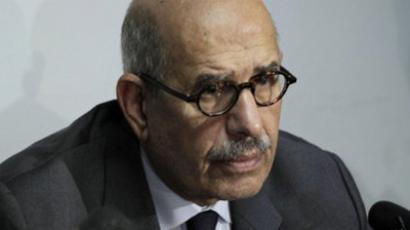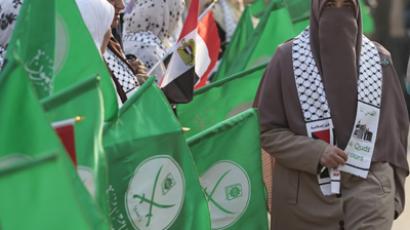End to emergency law brings little change for Egypt
The official lifting of emergency law in Egypt means nothing as the country continues to live under the rule of the military junta, says independent writer and filmmaker Philip Rizk.
While Hosni Mubarak has become a scapegoat, Egypt’s political and economic system has seen little change since the fall of the authoritarian regime, Rizk told RT. “Formal matters like lifting the emergency law mean nothing when we have a newly-elected parliament that is still under the thumb of the military junta.”Rizk doubts that the military will give up power completely at the end of the day. “They’ve tasted power, they have massive economic interest in the country,” he explained. “Military generals will not go and hand over power without having guarantees that their interests will be secured.” What is important to realize, he stresses, is that the people of Egypt have changed over the course of the past year and are willing to take risks despite the high costs. “Egyptians are willing to put their bodies at risk in order to try to achieve the change they started calling for a year ago.”However, despite the general feelings of frustration and a lack of security among Egyptians, a lot has been achieved, says Dr Ahmed Badawi, director of the Centre for Conflict Analysis in Cairo. “The most important achievements are the free and fair elections that were held in December and January.”“People have a general lack of trust towards authority,” Dr Badawi said, pointing out that the Supreme Council of the armed forces shows no signs it would want to hold on to power.“The sooner they get rid of power – the better for them,” he concluded.













